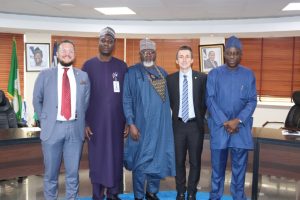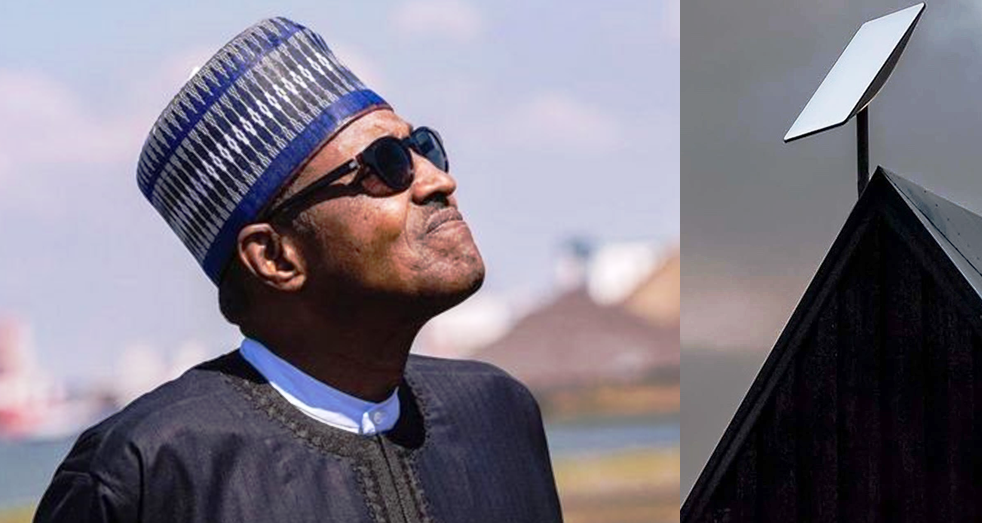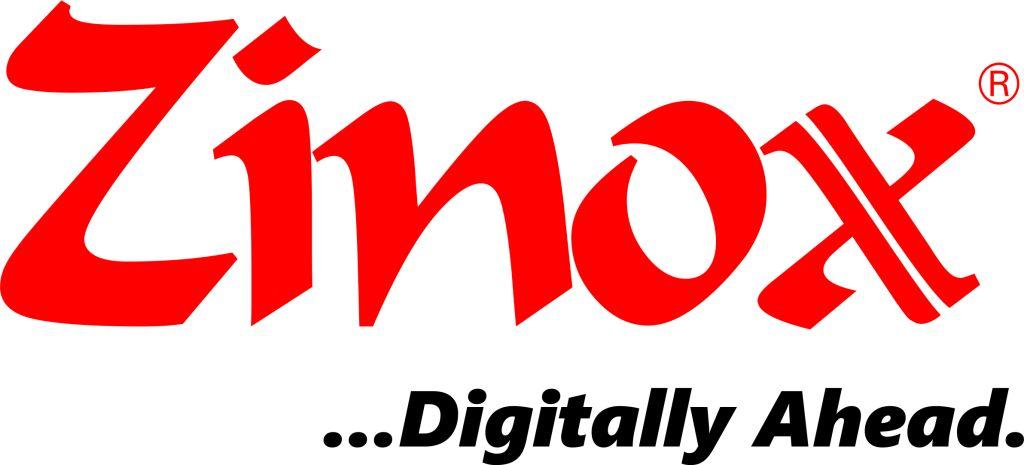Details have emerged on how Starlink was whipped into line by the telecoms regulator’s order to reverse its dollar-based tariff and charge local Starlink Nigeria subscribers of its satellite-based internet service in Naira instead of USD.
Technology Times had exclusively reported that the Nigerian Communications Commission (NCC) ordered the new entrant Starlink operated by Spacex and led by US tech entrepreneur, Elon Musk, to charge Nigerian subscribers in Naira.
Following the Technology Times report, Starlink has switched from its dollar-denominated pricing on its website to Naira. The switch from the $600 for the hardware, and $43 per month for its service, has seen Starlink offering ₦268,584 for hardware, and ₦GN19,260 per month for service, a development that brings cost savings to its Nigerian subscribers.
Starlink says the new Naira rate, which is based “on the official exchange rate” gives its local subscribers to pay through “Payday, Barter or similar.”
Recall that Professor Garba Danbatta, NCC Executive Vice Chairman told the West African Digital Economy Conference 2023 held recently in Abuja about the telecoms regulator’s reversal of Starlink’s plan to charge Nigerians in US dollar.
“Equally,” the NCC chief says, “they have applied for a tariff structure, because whatever services they are going to use must be consistent with a certain tariff structure, which must be approved by the Nigerian Communications Commission.”
The Nigerian telecoms regulatory chief says that Starlink’s request to charge its Nigerian subscribers in dollar for its service was rejected by NCC as it contradicts the directives of sister banking regulator, the Central Bank of Nigeria (CBN), that services provided in the country must be charged in Naira.
“Initially, they requested for a tariff structure denominated in dollar. We said, ‘No.’ Consistent with the directives of the CBN, all services to be provided to Nigerians must be denominated in Naira. So, they later on complied with this directive of the Commission and submitted a tariff structure in Naira which has equally been granted by the NCC,” Professor Danbatta says.

Starlink was granted a licence in Nigeria to bridge infrastructure gaps needed to deepen broadband penetration across the country, the telecoms regulator says noting that funding remains a critical issue when it comes to the provision of infrastructure to expand broadband in the country.
He explains that the Nigerian government had licensed Starlink to bridge infrastructure gaps and broaden broadband penetration across the country. “The reason why the Nigerian government decided to embrace the services of Starlink in the country because of the very slow nature of deployment of broadband infrastructure in the form of fibre cables,” he said. “This is taking a lot of time. This very ambitious project has been on for close to 10 years, more than 10 years, and we have not made the kind of headway we would like to see.”
NCC has granted Starlink three categories of licences, including a universal access and service license; a gateway licence, and an internet service provision licence, Professor Danbatta says.
*Technology Times








